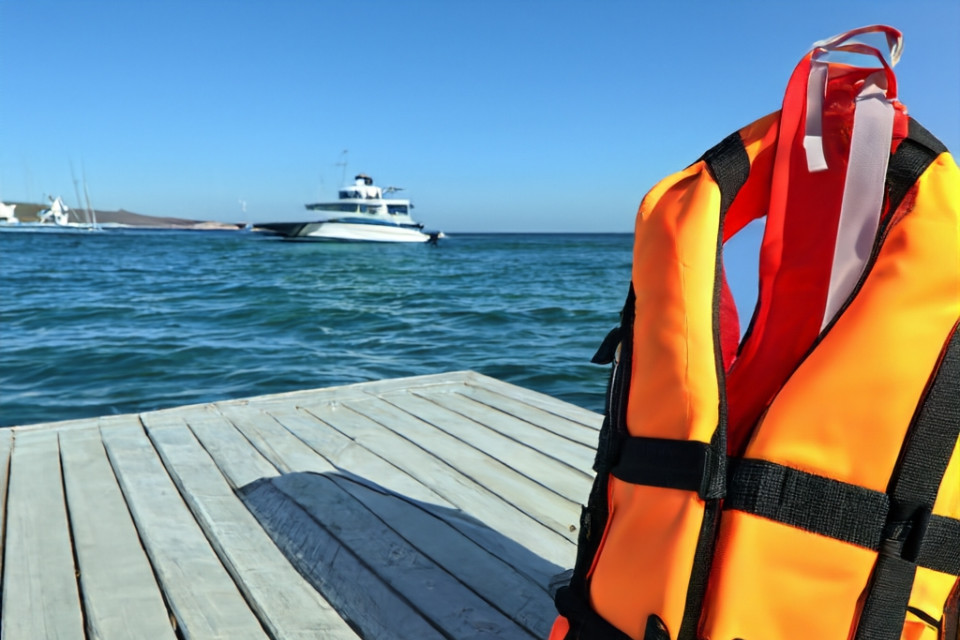National Safe Boating Week May 18-24, 2024
2024 May 8th
Safety on the Water is Everyone's Responsibility.
Safe boating week takes place May 18-24, 2024 and we want to highlight the importance of boating safety as we enter the summer season. Whether you're a seasoned boater or just getting your sea legs, safety should always be your top priority. To help ensure your time on the water is enjoyable and accident-free, we've gathered some essential boating safety tips. Let's dive in!
1. Wear a Life Jacket
It's the most crucial safety measure you can take. Always wear a life jacket, regardless of your swimming skills. Make sure it's U.S. Coast Guard-approved and fits properly. Life jackets save lives, and in an emergency, you'll be glad you wore one.
2. Check Your Equipment
Before setting sail, conduct a thorough check of your boat and equipment. Ensure your boat is in good working condition and has all the necessary safety gear, including:
- Life jackets for everyone on board
- Fire extinguishers
- Navigation lights
- First aid kit
- Anchor and line
- Signal flares or other visual distress signals
- Emergency whistle or horn
- Marine radio or communication device
3. Follow Boating Regulations
Know and follow the local and federal boating regulations for your area. This includes speed limits, no-wake zones, and other rules designed to keep boaters safe. Additionally, ensure your vessel is properly registered and has any required permits.
4. Be Weather-Wise
Check the weather forecast before heading out. Sudden storms, high winds, and rough waters can pose significant risks to boaters. If the weather looks questionable, it's best to stay on land.
5. Avoid Alcohol and Drugs
Operating a boat under the influence of alcohol or drugs is illegal and dangerous. Alcohol impairs your judgment and reaction time, increasing the risk of accidents. Save the drinks for when you're back on shore.
6. Communicate Your Plans
Always inform someone on land about your boating plans. Share your expected route, departure time, and estimated return time. This way, if something goes wrong, someone knows where to look for you.
7. Take a Boating Safety Course
Consider taking a boating safety course to improve your skills and knowledge. The U.S. Coast Guard Auxiliary and other organizations offer courses for boaters of all experience levels. These courses cover safety regulations, navigation rules, emergency procedures, and more.
8. Keep a Proper Lookout
Stay vigilant and be aware of your surroundings. Watch for other boats, swimmers, and obstacles in the water. Assign a lookout if you have a large boat or a busy area.
9. Dress for Safety
Wear appropriate clothing and footwear for boating. Non-slip shoes are essential, and sun protection like hats and sunscreen will keep you comfortable and safe from harmful UV rays.
10. Practice Safe Anchoring and Docking
When anchoring or docking, do so slowly and carefully. Use proper techniques to avoid damaging your boat or the dock. Always double-check that your boat is securely anchored or moored before leaving it.
By following these safety tips, you can ensure a fun and safe boating experience during National Safe Boating Week and throughout the year. Remember, safety is everyone's responsibility, and taking precautions can prevent accidents and save lives. Enjoy the open waters, and stay safe!

